What people in Switzerland are addicted to

Besides drinking and smoking, the list of addictions is getting longer with trends like vaping and online gambling.
In its 2020 survey, the Addiction Switzerland foundationExternal link highlights the most problematic legal and illegal substances and consumer products. Here’s the breakdown.
In Switzerland about 5% of women typically drink two or more alcoholic beverages per day; 5% of men drink four or more. Among 65- to 74-year-olds, the figure is over 6%, and 41% of men over 75 drink alcohol daily.
Binge drinking – defined as at least 4-5 drinks in one sitting – is on the rise, especially among young women. In 2007, 12% of 15- to 24-year-old women said they binge drank at least once a month; by 2017, the figure had doubled to 24%.
In 2016, Swiss hospitals treated 11,500 people for alcohol poisoning; about half of the patients were diagnosed as alcoholics. Among those who seek help to quit drinking, the average age is 46; 70% are male.

About a quarter (27%) of the Swiss population smokes; 19% smoke daily and 8% occasionally. Although cigarette sales dropped slightly between 2017 and 2018 (from 9.57 billion to 9.2 billion), those of loose tobacco are rising. Among those who smoke daily, 60% say they want to quit.
About 3% of the general population uses smokeless products, like snuff and chewing tobacco. However, 6% of 15-year-old boys surveyed said that they had consumed snus within the past month.
Vapers and vape shops are becoming a more common sight in Switzerland since e-cigarettes became legal in 2018. There are no official statistics yet.
Regarding an older form of liquid-based smoking, 14% of 15-year-old boys said they had smoked a shisha pipe within the past 30 days.
People in Switzerland smoke more than half a million joints per day. Among 15- to 64-year-olds, 4% surveyed in 2017 said they had consumed cannabis with the past month, up from 3% in 2012. The figures are much higher in the 20-24 age bracket, with 14% of men and 6.5% of women saying they’d consumed cannabis in the past 30 days.
Addiction Switzerland points out that part of the increase can be attributed to CBD products coming onto the market legally in 2016.
Although less than 1% of the population admits to using cocaine or ecstasy, consumption in Swiss cities is high compared with other cities. Monitoring institutions have recorded a slow but steady increase in the number of people seeking treatment.
Some 1.5% of those surveyed in Switzerland said they had taken a psychostimulant in 2018; among 20- to 24-year-olds it was 3.3% – more than a third of them without a prescription. Most of the drugs were to improve concentration skills.
Sales of opioid painkillers are also on the rise; industry association Interpharma noted an 18% increase between 2014 and 2018. However, the number of daily users dropped from 2.5% to 1.8% between 2013 and 2016.
An estimated 350,000 people in Switzerland are addicted to sleeping pills.
Nearly 3% of people in Switzerland gamble excessively, and 0.2% are addicted, according to Addiction Switzerland. Among those surveyed in 2017, 55% said they had gambled in the past year; another 16% said they gambled frequently. Swiss lotteries and bets generated CHF2.87 billion ($2.95 billion) in 2018 – nearly 2% more than the year before. Casino gaming revenue increased by 3% to CHF704 million.
Among those who gamble online, the average monthly spending is CHF122. Addiction Switzerland warns that the constant availability of online games, plus the lack of social control, makes this form of gambling especially risky. Only since 2019 has it been legal for Swiss casinos to offer games online.
For anywhere from 1-4% of the people in Switzerland, internet usage is problematic. That’s 73,000-290,000 people. A federal study called “Always on”External link calculated that in their free time 16- to 25-year-olds spend an average of four hours per day online. For 40- to 55-year-olds it was 2.5 hours.
You can contact the author of this article on Twitter: @SMisickaExternal link
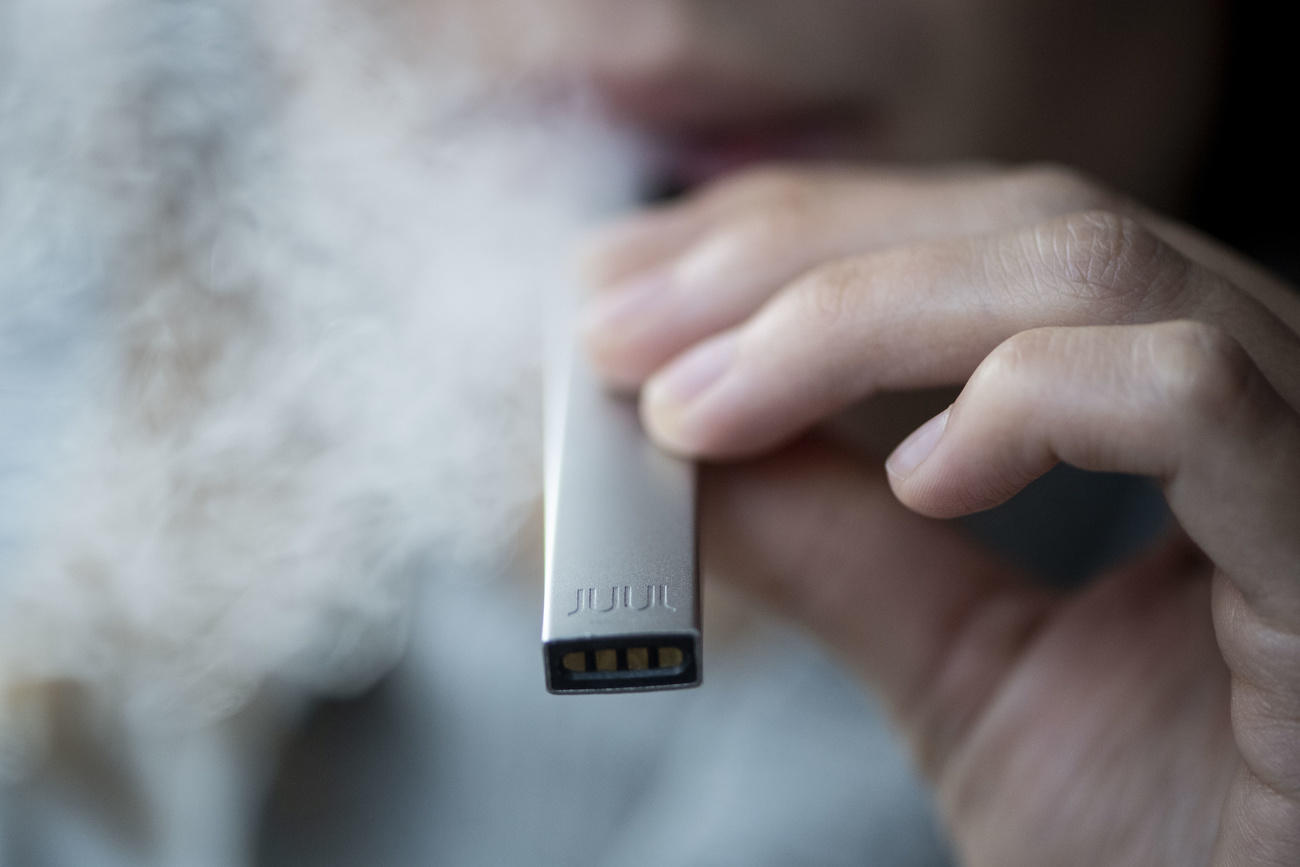
More
Experts warn of ‘confusing’ range of addictive products
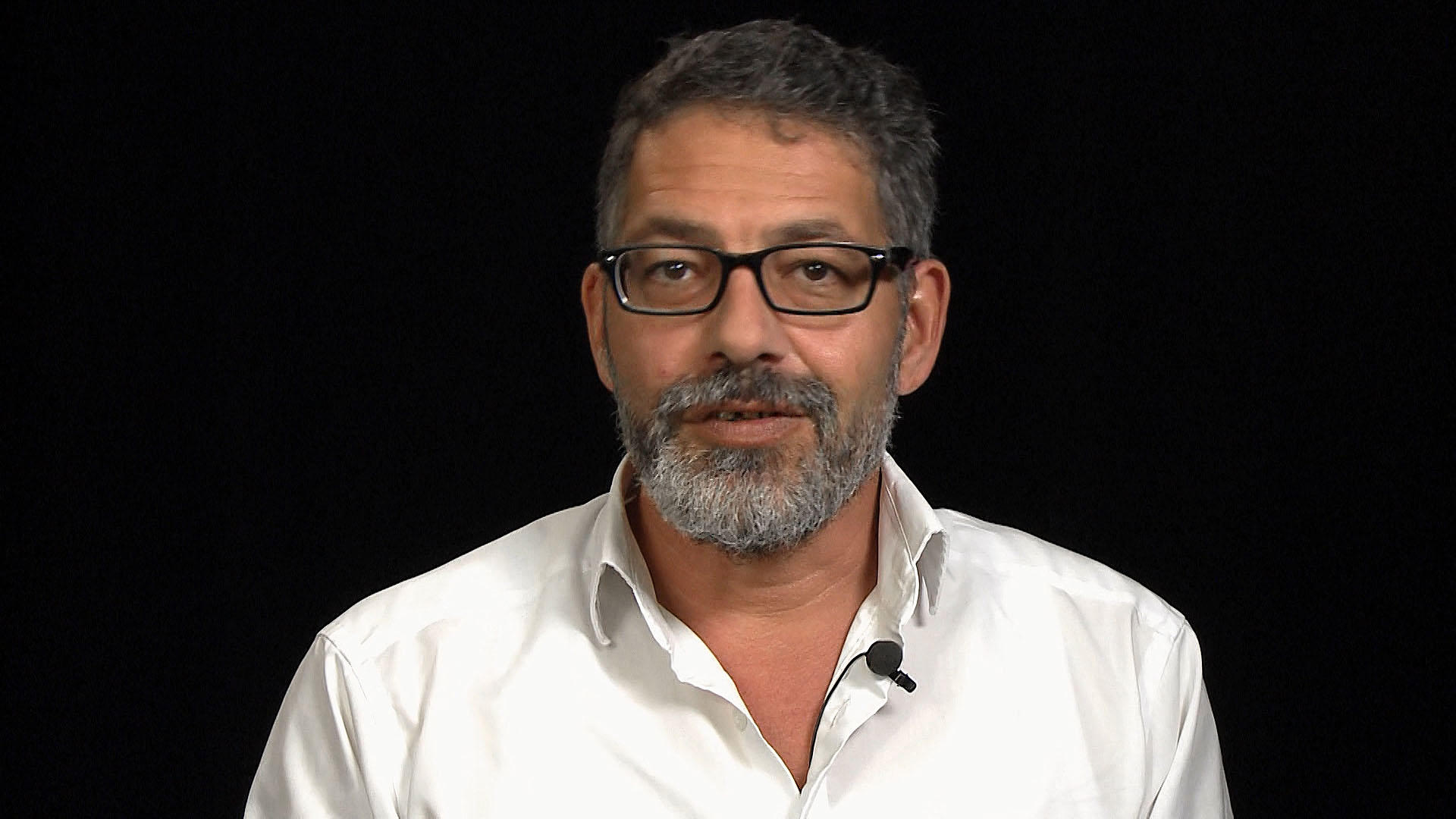
More
Drug addiction: ‘I pretended I had it under control’

In compliance with the JTI standards
More: SWI swissinfo.ch certified by the Journalism Trust Initiative









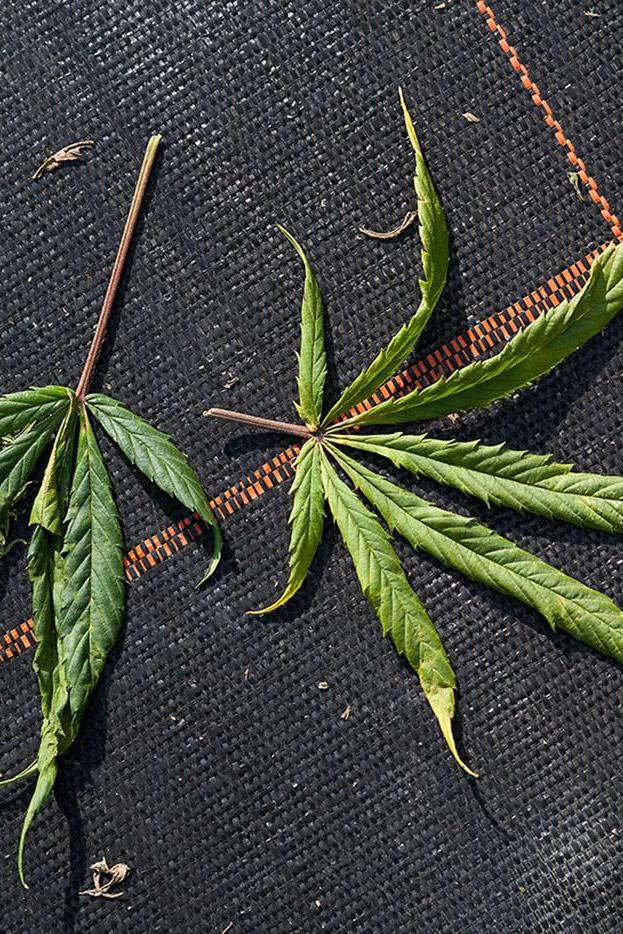

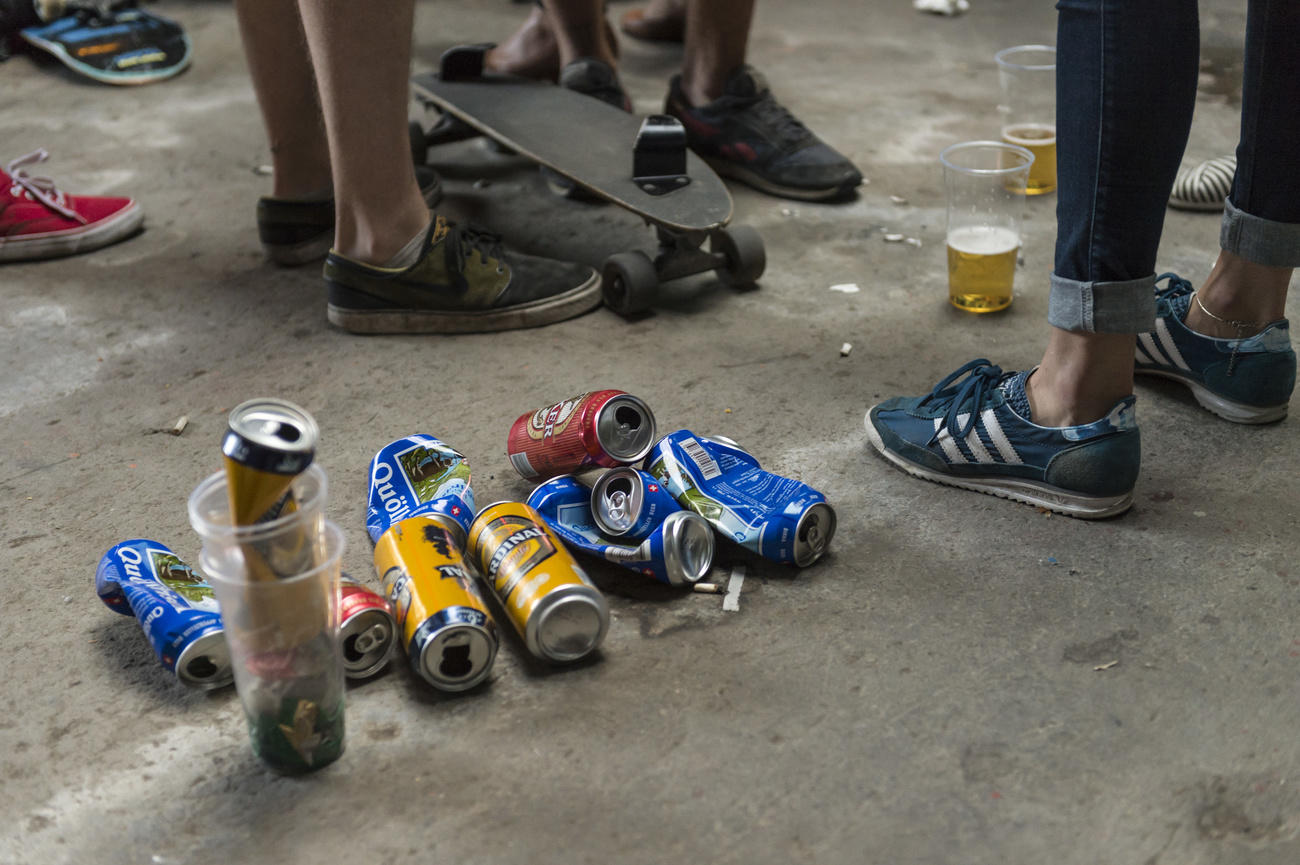
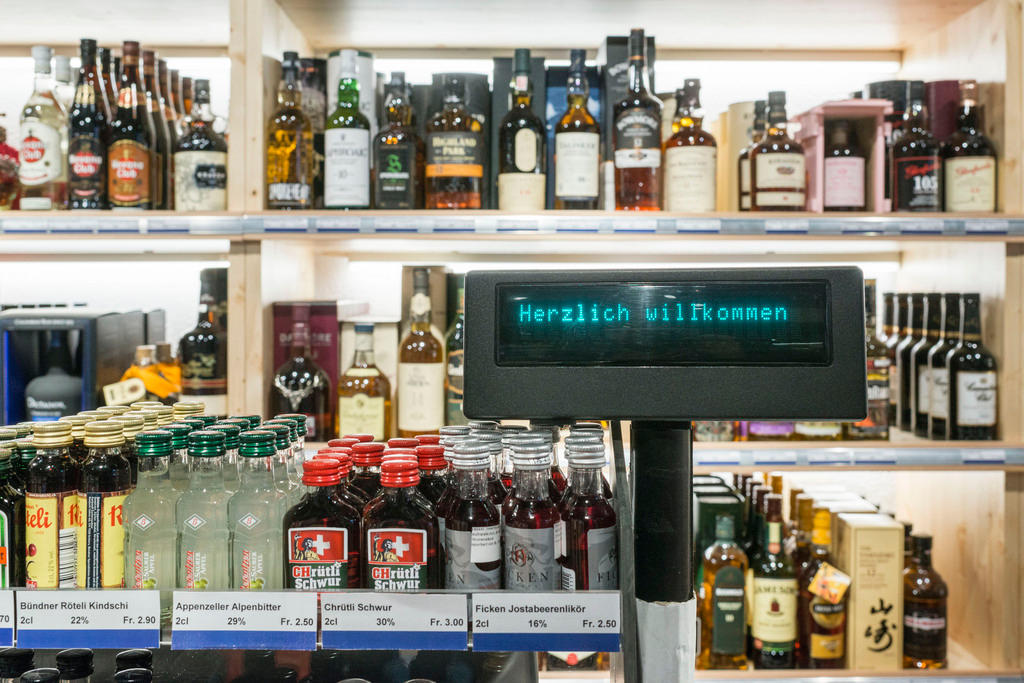
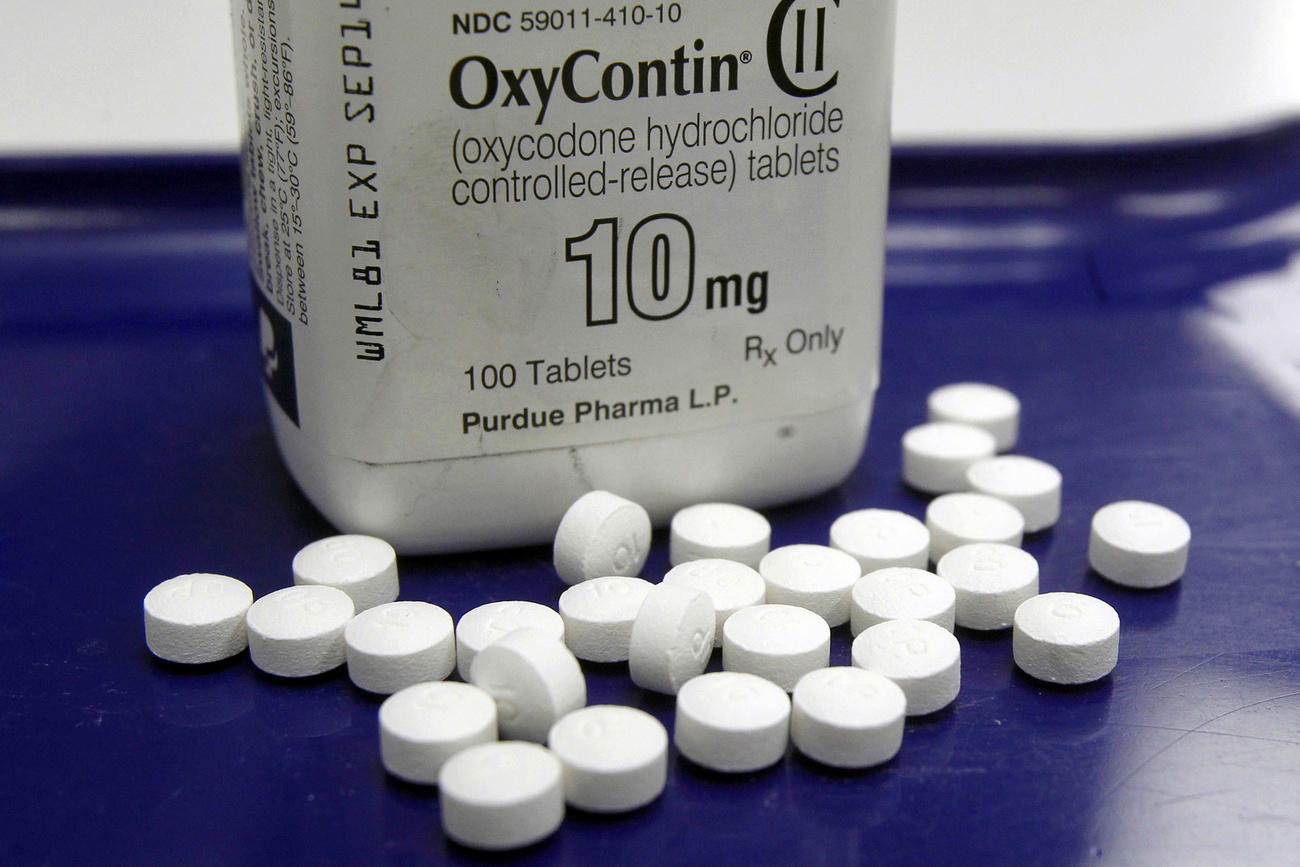

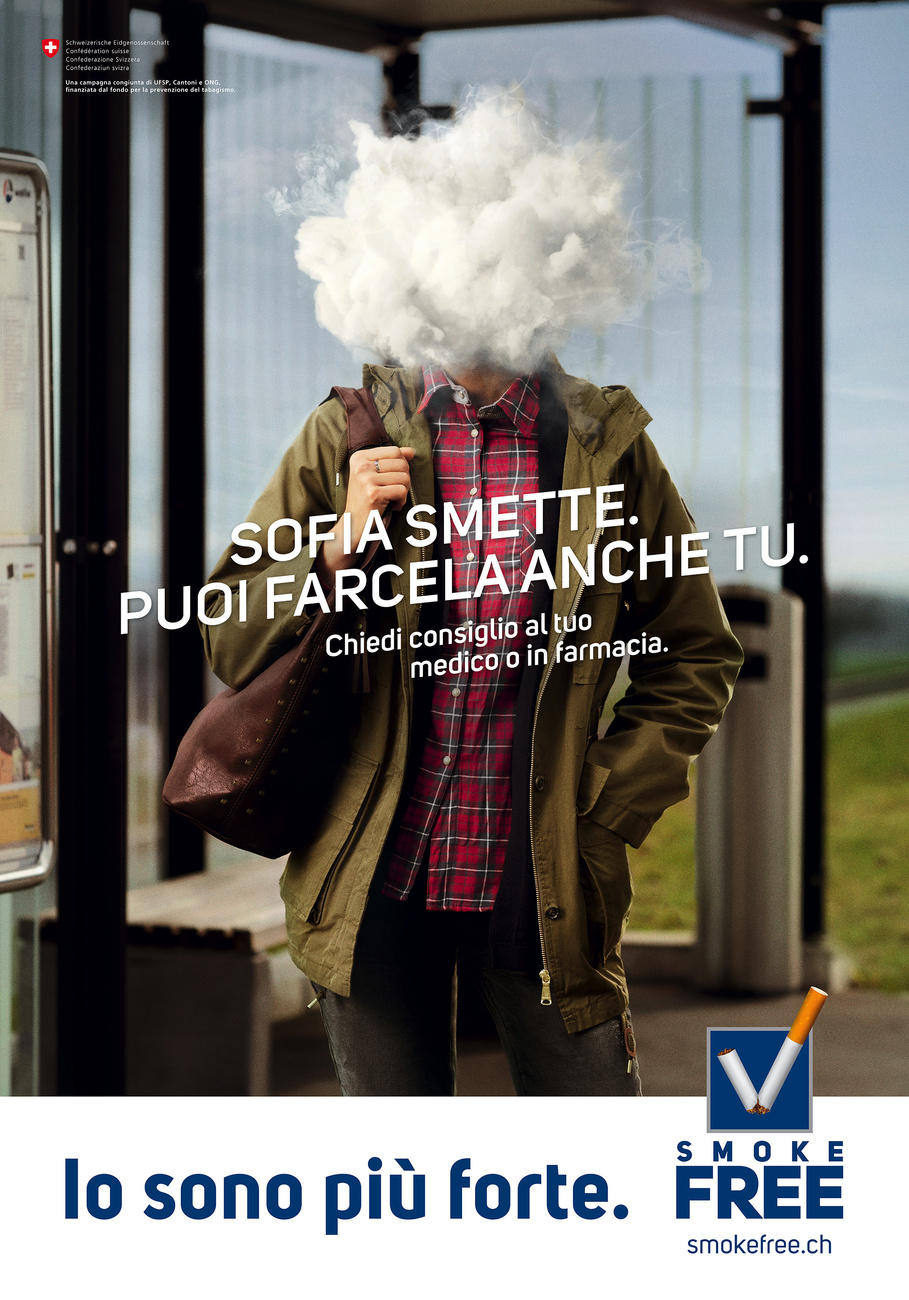
You can find an overview of ongoing debates with our journalists here . Please join us!
If you want to start a conversation about a topic raised in this article or want to report factual errors, email us at english@swissinfo.ch.